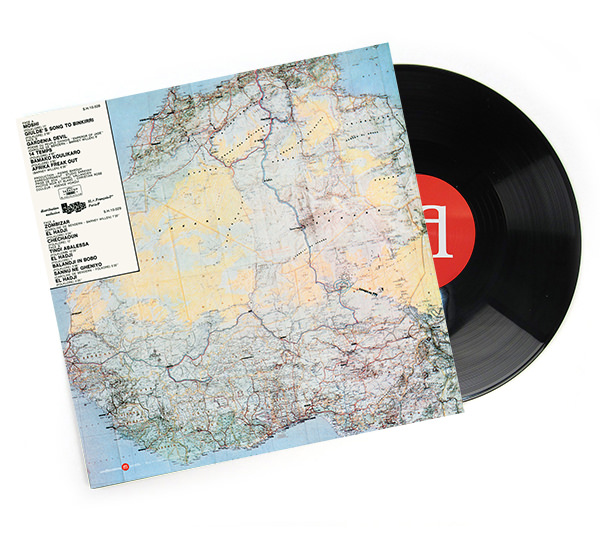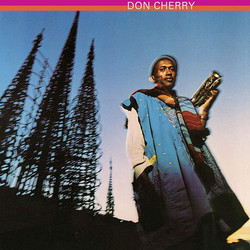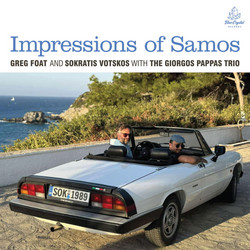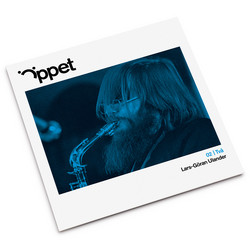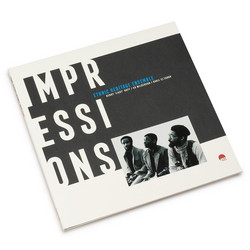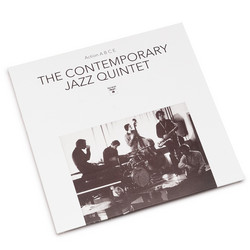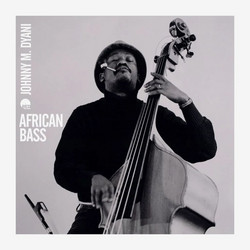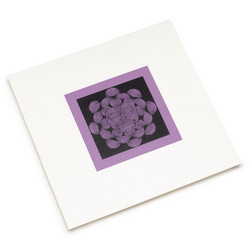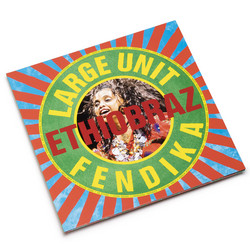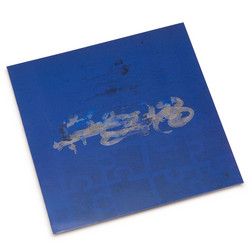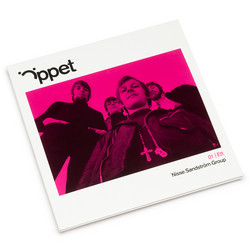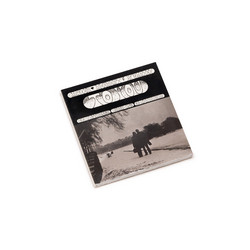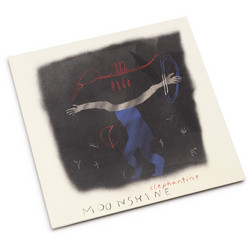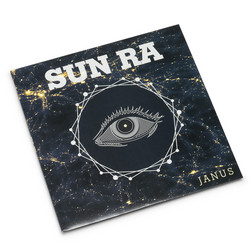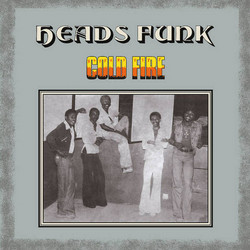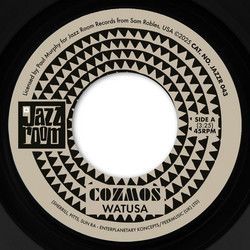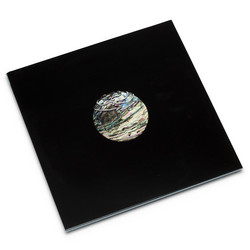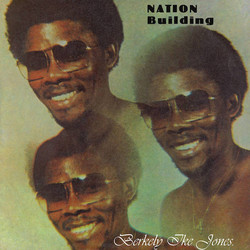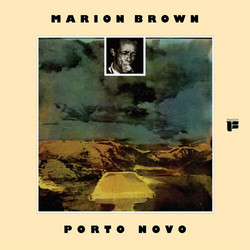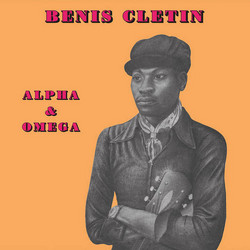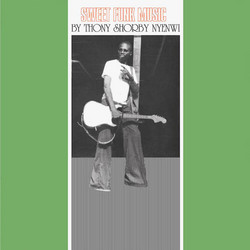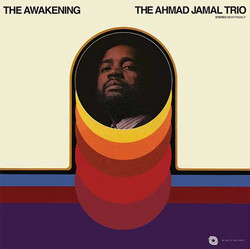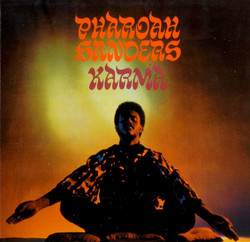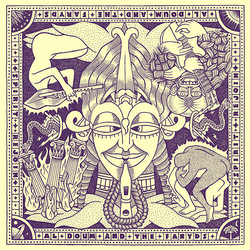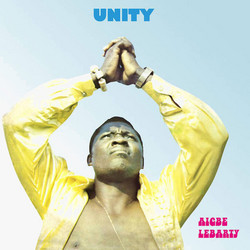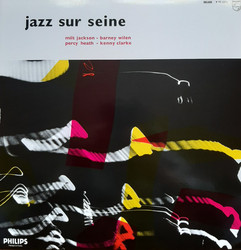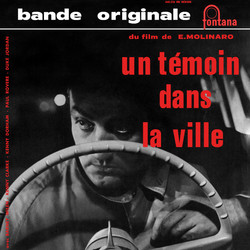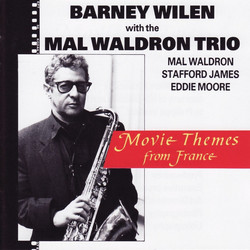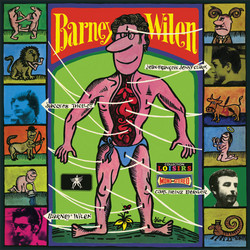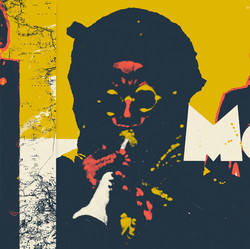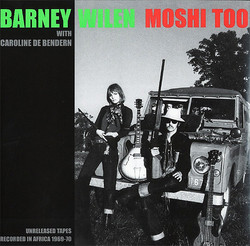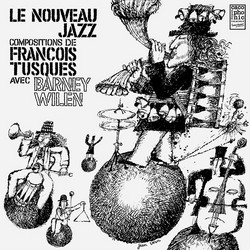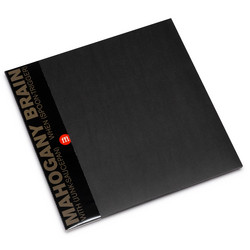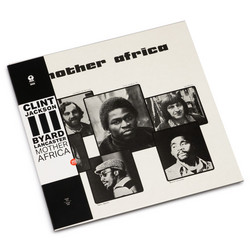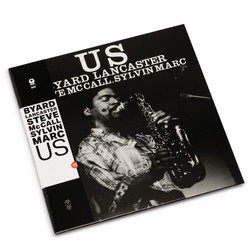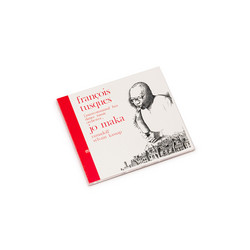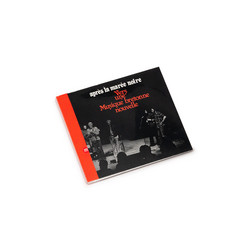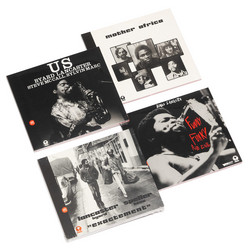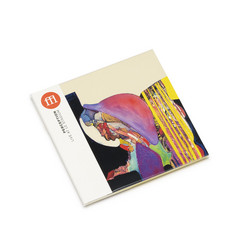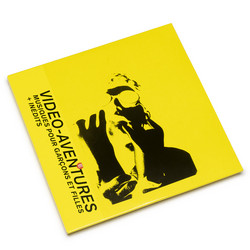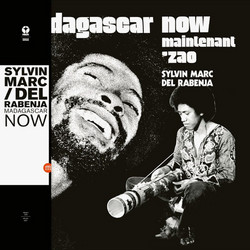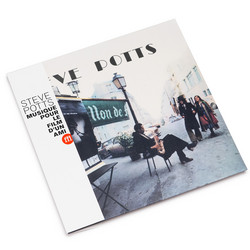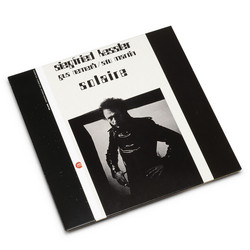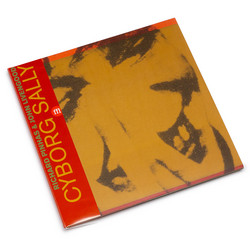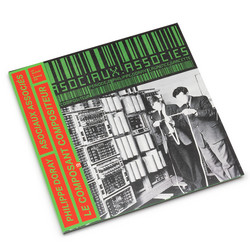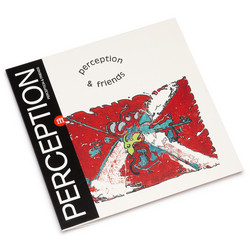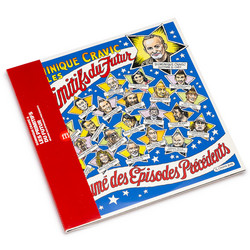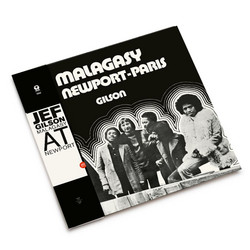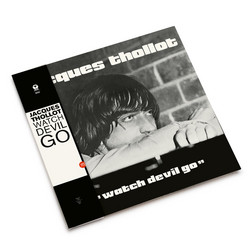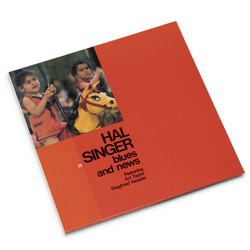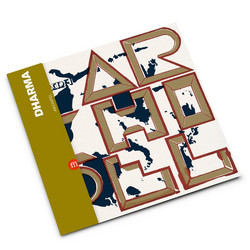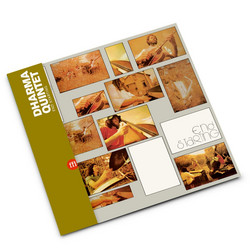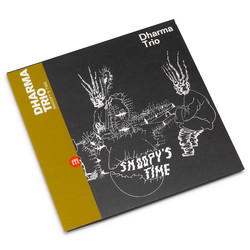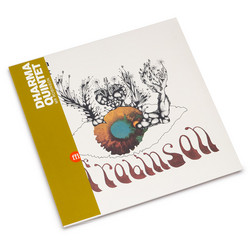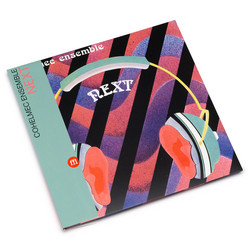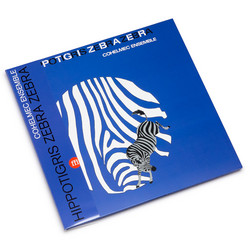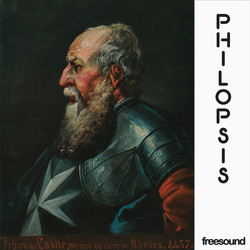Originally issued by the seminal imprint Saravah in 1972, and among the most uncategorizable and sought after artefacts of the French avant-garde, Barney Wilen’s Moshi is nothing short of a masterpiece - long holding a coveted spot in the hearts of adventurous listeners and record collectors alike. A wild unkept cultural collage. A series of sonic experiments. A spiritual, psychedelic pilgrimage into the unknown - darting from one continent to the next, each of its tangents building toward a more optimist world view through ordered sound. Its scope remains as difficult to understand today as it was when it was released. Now brought back into the light by Souffle Continu, this is a moment to be celebrated far and wide.
Barney Wilen first came to prominence during the late 1950’s and early 60’s, working with Miles Davis, Kenny Clarke, Art Blakey, and Thelonious Monk, during the beginnings of post war American jazz’s slow migration toward Europe. Always ambitious, his restless spirit pushed him forward. Wilen was among the first French players to embrace Free-Jazz, and equally among the earliest to attempt a fusion with rock music and the dawning psychedelic underground. At the outset of 1970, he began to look further afield, ultimately bringing together a team of filmmakers, technicians, and musicians, who traveled to Africa to document and record the continent’s indigenous music. Released two years later following his return, Moshi is the conceptual result of that journey. Stretching across two LPs, it’s sometimes difficult to know where Africa stops and Wilen begins. 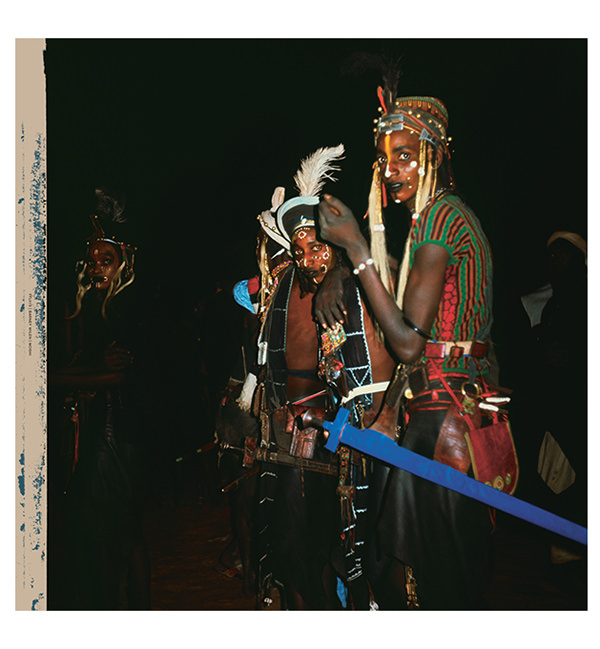
Moshi is a collage, but not as we often understand them. Though it incorporates field recordings made during Wilen’s travels, placed in connection and association with the efforts of the saxophonist and his ensemble (many of whom where from Africa themselves), the album is best understood as a cluster of diverse sound - a weaving of ideas, where the music of Africa, sometimes literarily and sometimes conceptually, enters the music of Europe and America, and equally the music of Europe and America enters that of Africa. A complex hybrid. A soup of humanity. A patchwork quilt where the thread is Africa, but the material is woven from endlessly diverse sources and ideas. 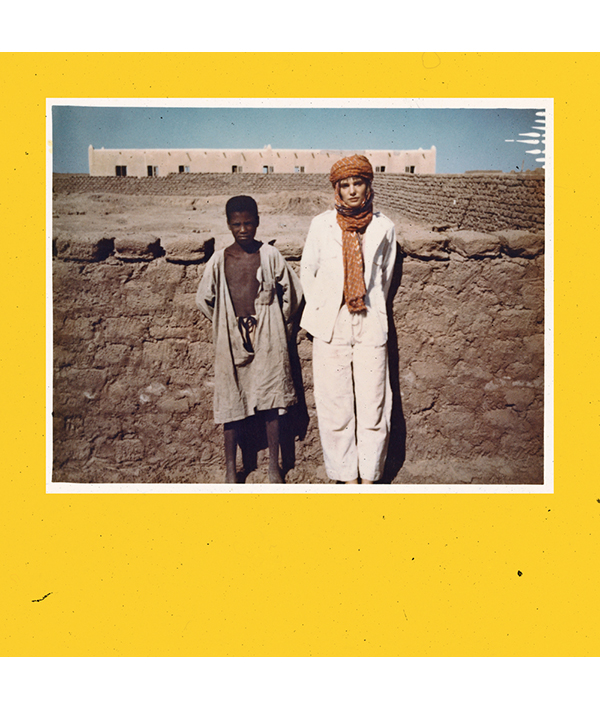
The enduring brilliance of Wilen’s grand effort is the inability to say what it is. It is restless, each of its fourteen pieces becoming autonomous adventure, veering with single-mindedness toward its most logical end, while never entirely losing sight of the album’s cohesive whole. The moment you think you understand it, it becomes something else. At times the unmediated voices of Africa reach the ear - easily mistaken for artefacts from the Ocora catalog. At others they are intervened with, laying the groundwork for an extended jam. In passages, we hear the imprint of popular music - the distinct sounds of African Jazz against funky excursions similar to the territories Miles Davis, Herbie Hancock, and Soft Machine were exploring during this period. In other moments we are dropped into loose, free improvisations, and still others, psychedelic meanderings which stretch toward the realms of the Grateful Dead. Each moment, like its totality, is singular, strange, exciting, and challenging - rebelling and refusing categorisation.
Moshi is an unquestionable artistic triumph. It is a high water mark from the 1970’s French avant-garde, which remains as rewarding today as the day it was made. As a reissue, the album offers an added dimension as a reminder of another, possibly more open, era - of an alternate way of being and hearing that can be carried to the future. It displays a strange democracy - a reassessment of the character of collaboration, and a distinct respect for audience and source. Wilen seems to have been proposing a different way of seeing the world and understanding relationships between its diverse elements - one where the artist may play only a minor part. Where the rising tide is culture itself, and where borders and time dissolve. 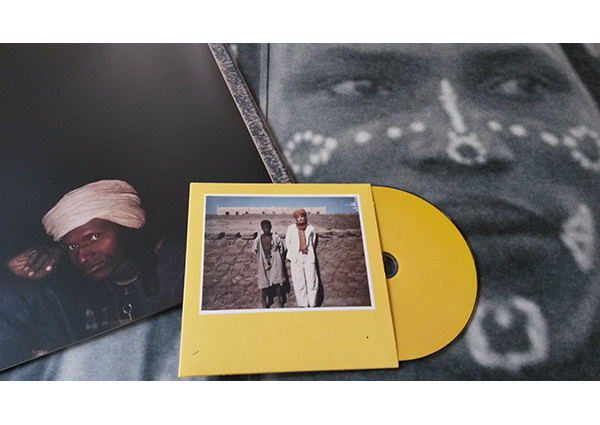
In addition to the deluxe vinyl reissue, which has been treated to a high definition remastered audio, and contains the original liner notes with additional artwork, Souffle Continu has also included a bonus DVD of Caroline de Bendern’s film A l'intention de Mlle Issoufou a Bilma, which documents the incredible journey through Africa which gave way to Moshi - made that much more vivid by its brilliant soundtrack, also composed by Wilen. This the first time it has been released in a physical form, making this edition of the LP the most definitive and complete to date.
"In 1970 Barney Wilen assembled a team of filmmakers, technicians and musicians to travel to Africa for the purpose of recording the music of the native pygmy tribes. Upon returning to Paris two years later, he created Moshi, a dark, eccentric effort fusing avantjazz sensibilities with African rhythms, ambient sound effects and melodies rooted in American blues traditions. Cut with French and African players including guitarist Pierre Chaze, pianist Michel Graillier and percussionist Didier Leon, this is music with few precedents or followers, spanning from extraterrestrial dissonance to earthbound, streetlegal funk. Wilen pays little heed to conventional structure, assembling tracks like "Afrika Freak Out" and "Zombizar" from spare parts of indeterminate origins. (Jason Ankeny, AMG). Deluxe reissue with additional artwork & high definition remastered audio."" (label press)
20-page booklet on 200gsm art matt paper including rare pictures, sheet music & original liner notes. Bonus Dvd of Caroline de Bendern’s movie « à l’intention de Mlle Issoufou à Bilma » documenting this incredible african journey.
